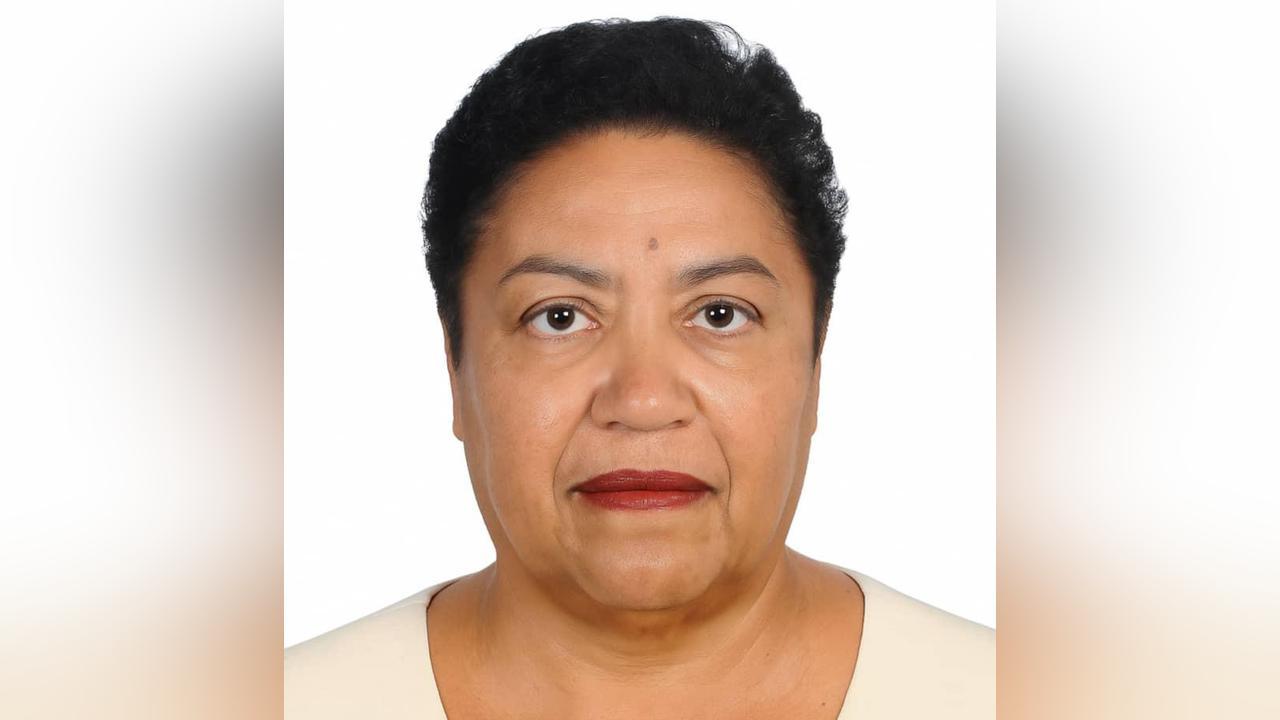Africa-Press – Zimbabwe. SANDTON, South Africa, Oct.10, 2025 (NewsDay Live)-A call has been made for judges across the SADC region to lead in ensuring that the dignity, health and rights of people in custody are protected through effective and independent prison oversight anchored in law.
Eva Jhala, a veteran legal drafter from Zambia, made the call on October 9 when she delivered a keynote address at a consultation for judges on the provisions of an envisaged SADC Model Law on Prison Oversight, held in Sandton, South Africa..
She said the region stood at a pivotal moment as it sought to embed accountability, transparency and humanity in the management of prisons.
“The SADC Parliamentary Forum is setting in motion a dynamic reform process that will see the coming in of the SADC Model Law on Prison Oversight,” Jhala said.
She added, “Its overarching objective is to ensure that Parliaments are sufficiently empowered, through legislative provisions, to demand accountability from the Executive for the protection of prisoners’ rights.”
Jhala said the treatment of prisoners was a measure of society’s humanity and of the health of its justice systems.
“How we care for people deprived of liberty, and how parliaments ensure that such care is real, accountable, and measurable, is an imperative for humanity,” she stated.
She reminded participants that international and regional instruments, including Article 10 of the International Covenant on Civil and Political Rights (ICCPR), Article 5 of the African Charter on Human and Peoples’ Rights, and the UN Nelson Mandela Rules, require humane treatment and equivalence of healthcare between prisons and the general community.
“Prison health is public health. People cycle between communities and prisons every day. Preventable and treatable conditions, from tuberculosis and HIV to mental-health disorders, do not stop at the prison gate. When health systems fail in custody, they fail the community,” she said.
The proposed SADC Model Law on Prison Oversight, she said, would guide member states in developing laws that support “effective, efficient and accountable oversight” and provide a “golden standard” for legislators.
It would legally anchor oversight mechanisms to ensure that prisons are “managed fairly, humanely and effectively,” with provisions covering:
She contended that regular reporting by prison authorities and oversight bodies would open access to information on prison conditions and budgets; enable compliance with court orders and human-rights obligations; allow periodic inspections by independent institutions and civil society; ensure safeguards for prisoners’ health, welfare, and dignity; enable access to healthcare, mental-health and rehabilitation services; and provide mechanisms for mandatory monitoring and redress.
“The Model Law will give Parliament the scalpel and the suture – the legal powers to open the system to light, and the practical tools to heal it,” Jhala declared.
Drawing on recent data, Jhala noted that South Africa’s prisons were operating at 148.5% capacity while Zambia’s stood at 265%, according to the World Prison Brief.
“These are not mere statistics,” she said adding, “they are daily realities for people whom the law has placed in our care.”
She noted that overcrowding, prolonged pre-trial detention, and preventable illnesses remain “persistent gaps that undermine dignity behind bars” and warned that such deficiencies call for binding accountability.
“Prisons must demonstrate functioning infection-control and continuity-of-care systems, with orders from judges for compliance where necessary,” she stated.
Jhala told judges that the judiciary must be “steadfast in issuing health-compliance orders” and require correctional facilities to file quarterly certificates on disease screening, medication continuity and isolation capacity.
“The measure of our justice systems,” she said, “is not the efficiency with which we punish, but the fairness with which we judge and the humanity with which we detain.”
She cited landmark cases that have shaped oversight jurisprudence in Africa which she said, “translate dignity into concrete obligations.”
She called on Parliaments, oversight bodies and civil society to work together to make oversight real and results oriented. She proposed that the Model Law provide minimum health-oversight checklists aligned with the Mandela Rules covering TB/HIV screening, mental-health triage, antenatal and SRHR services, disability accommodation and access to legal aid.
Jhala also appealed for resources for independent national preventive mechanisms, statutory prisoner-complaints systems, ring-fenced prison-health budgets, and integrated prison-health information systems linked to national health data.
“Clinical independence is non-negotiable. Prison health services must fall under Ministries of Health, not Security, and health workers who report interference or abuse must be protected,” she said.
She called for whistle-blower protections, safe reporting channels, and a SADC PF knowledge hub to share regional tools, dashboards, and case law on prison-health oversight.
“Let us leave Johannesburg with a shared determination to legislate oversight that saves lives and proves that human dignity is non-negotiable, even behind bars,” she said.
Jahla said if SADC member states succeed in translating the model law into domestic reforms, the region could transform prisons “into places of reform and hope; centres of rehabilitation that return people to our communities healthier, safer, and more capable of contributing to the common good.”
For More News And Analysis About Zimbabwe Follow Africa-Press






